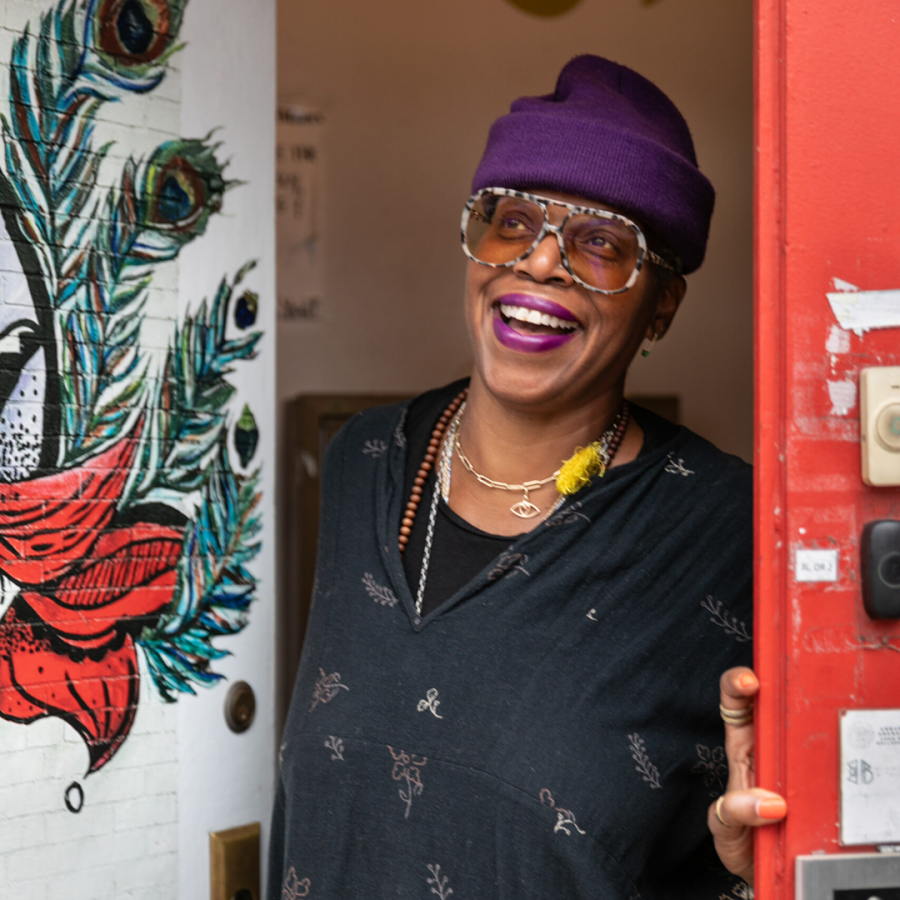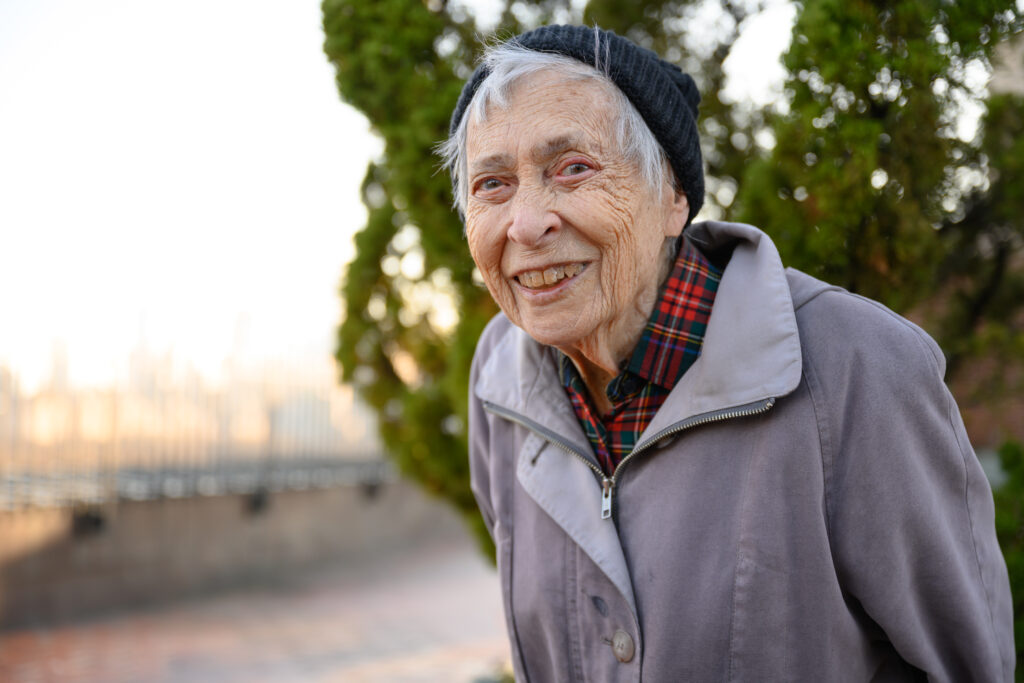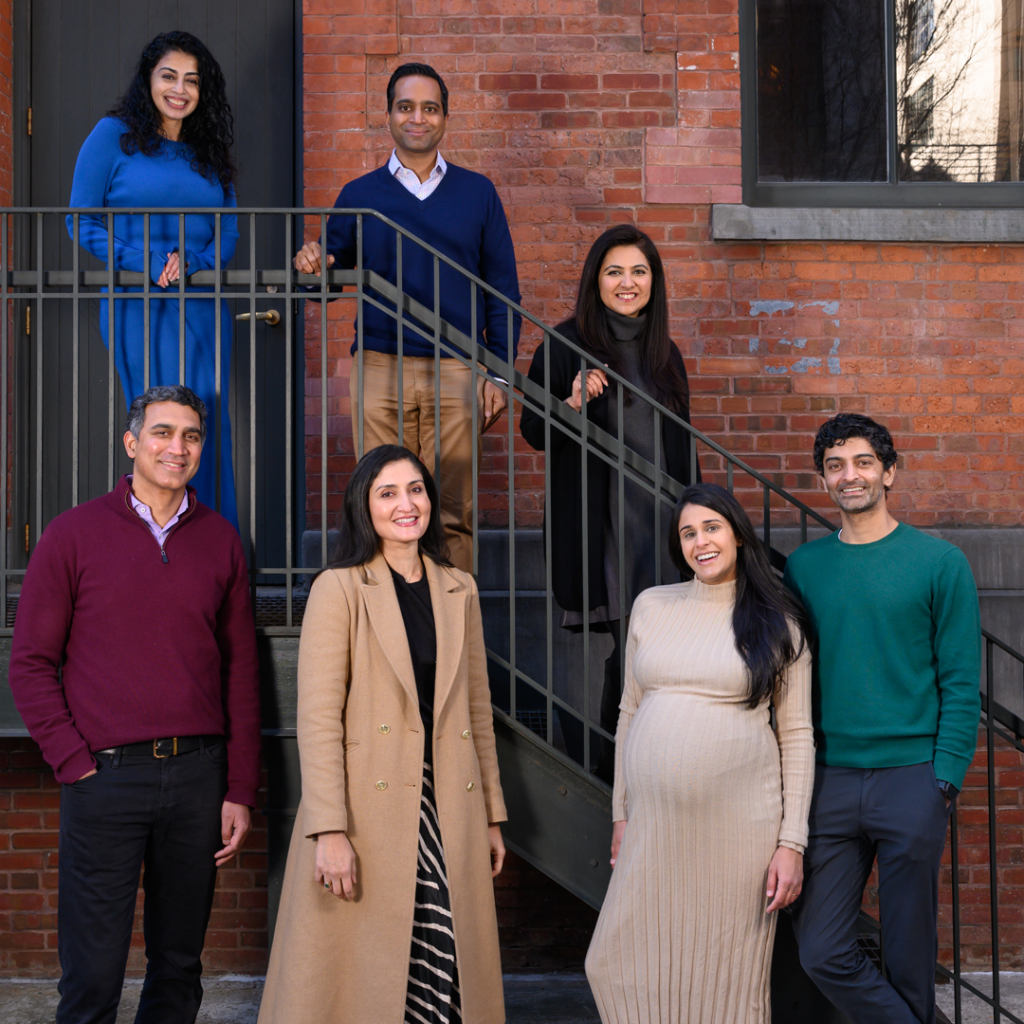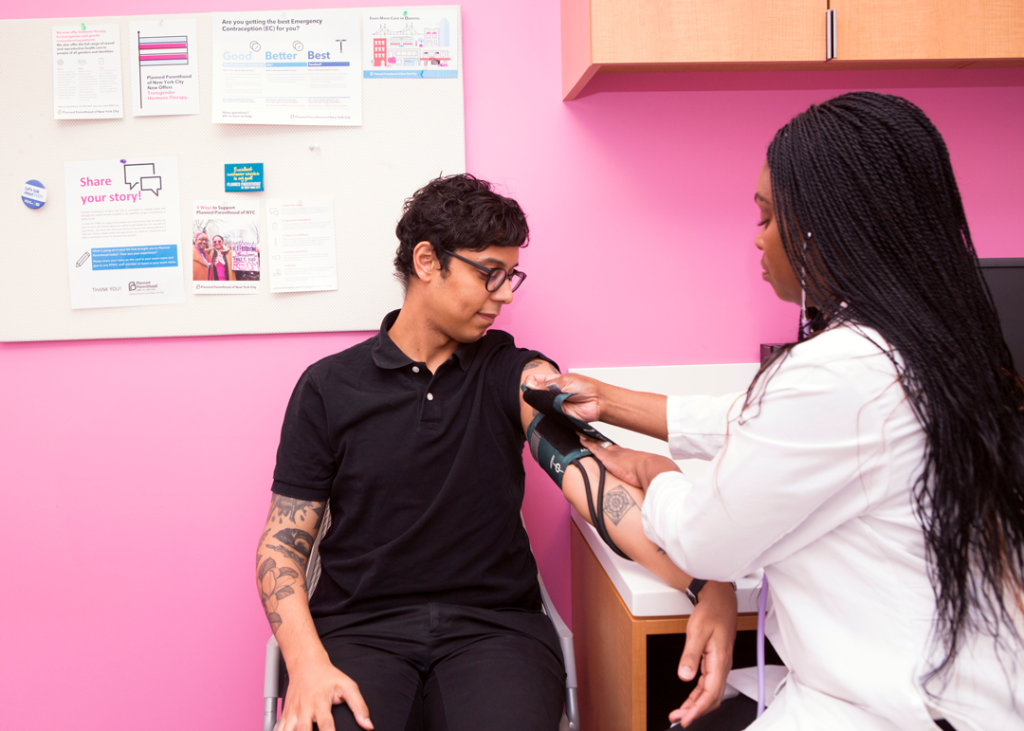New York is more than a single community. It’s a blend of thousands of smaller communities that form a beautiful—and sometimes chaotic—mosaic.
Some communities are built around neighborhoods. Others center around religion, ethnicity, gender, occupation, or interest. Each possesses its own culture and concerns. Yet together they form something much bigger—the world’s most complex and diverse region.
Since 1924, The New York Community Trust has embraced and empowered this swirl of smaller communities. As New York’s community foundation, we are grounded by the ideal that generous New Yorkers can achieve more when they join forces to support nonprofits that are working to create a healthy, equitable, and thriving New York.
The contributions of donors past and present helped The Trust award more than $5.7 billion in grants since its founding—with $3.3 billion more at the ready-to-fuel contributions to New York’s nonprofits, now and in the future.
However, as we celebrate our 100th anniversary, our collective impact is measured by far more than dollars.
One thing the decades have proven is that The Trust is a philanthropic innovator. By working closely with donors, nonprofits, and other partners, we invented the donor-advised fund, blazed the trail for foundations to support LGBTQ+ communities, and created bold partnerships that have expanded diversity in the arts, advanced the rights of voters, and provided a lifeline to immigrants and refugees.
When New York has faced crises—from public health and weather emergencies to September 11th and the Great Recession of 2008—we’ve worked with donors and partners far and wide to help our community recover, rebuild, and become more resilient.
Yet, with all of our accomplishments, our biggest challenges and opportunities lie ahead. We enter our second century at a time of turbulence in our region, our nation, and our world. It has never been more important to support the nonprofits advocating for and meeting the needs of our local communities. Together with the generous and diverse communities we serve, we are excited to chart a new vision for New York.
A Thread Connecting Donors Across Generations
Nancie Ellis first learned about The Trust during the 1980s, when she was growing up in the Westchester County town of Scarsdale and her parents had set up a fund at The New York Community Trust – Westchester. When Nancie and her husband, Geoffrey Domm, began to think seriously about their own philanthropic choices, they followed her parents’ lead and created a fund at The Trust.
Today, their adult children, who have moved elsewhere, give through community foundations in their new home cities.
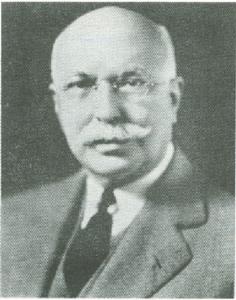
“The Trust’s longevity matters,” Ellis said. “They know the organizations and they are deeply involved in the community. I know that they understand the community’s needs, and I can get advice on where my donations can make the biggest difference.”
Ellis and her family are living examples of the thread that connects donors across multiple generations. That thread connects back to Rosebel G. Schiff, who in 1924 created the Theresa E. Bernholz Fund at The Trust with $1,000 to honor a beloved teacher at PS9.
Today, it continues forward to a new generation of New Yorkers whose contributions will build upon the generous legacies of donors who passed on decades ago but continue to make a difference in the communities they called home.
“We’re a foundation built by New Yorkers, for New Yorkers,” said The Trust’s president, Amy Freitag. “They’ve woven this incredible quilt of generosity that stitches together all of these individual funds for the permanent benefit of New York.”
A Century of Innovation
Those New Yorkers also built a foundation that became known for taking innovative approaches to philanthropy to address New York’s biggest challenges.
We began earning this reputation during our first decade when William and Françoise Duclos Barstow approached us with a novel idea. The couple wanted to set up a permanent fund that would also give them the flexibility to make grants while they were still living. Together, we created a new type of giving instrument—the Barstow’s fund is widely believed to be the world’s first donor-advised fund.
The Barstows established a tradition of innovation that has continued through the creativity of forward-thinking philanthropists like Francis Florio, who created a field-of-interest fund in his will to support medical research in blood diseases. Years later, his fund allowed The Trust to make one of the first private grants for AIDS research.
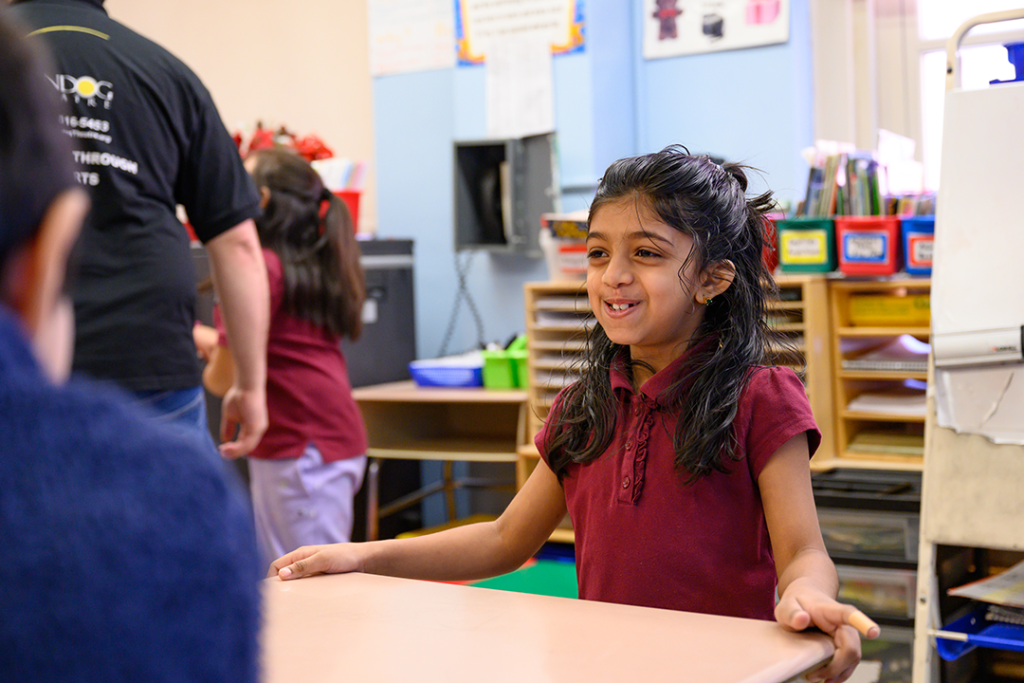
This tradition has carried through our donors’ efforts to ensure New York continues to accommodate newly arrived immigrants and refugees, advance the work of historically underrepresented artists, educate future generations, and create leading-edge efforts to address climate change and environmental health.
Innovation remains front and center at The Trust, from offering new programs that encourage impact investing to serving as the lead funder for the newly created Community Foundation Climate Collaborative. This year our Coco Fund made its first grant to help low-income New Yorkers finance the cost of gender-affirming surgery.
While some century-old organizations can become set in their ways, The Trust is on a constant quest for new approaches to make a difference in the city and region it calls home.
“We are standing on the shoulders of giants who have never been afraid to think creatively,” Freitag said. “Our challenge today is to drive the next generation of innovation. For us, that means exploring new approaches to impact investing and finding ways that donors can truly see how their philanthropy is making life better for people in all corners of our region.”
Longevity and Community
While innovation plays a major role in The Trust’s story, you don’t build a thriving, 100-year-old organization without also minding the fundamentals and taking the long view.
Lasting progress—especially in a region as large and complex as New York—takes time. As we work to address issues such as closing Rikers Island, mitigating the impact of climate change in our community, and reforming our immigration system, we must run marathons, not sprints. We must balance the urgency of our present challenges with the reality of what lies ahead. That requires investing heavily today while ensuring we can continue our investments over the long haul.
“What a community foundation offers is durability and a determined focus,” Freitag said. “Throughout our history, our biggest victories have come from a dogged, consistent, and determined approach to not back off.”
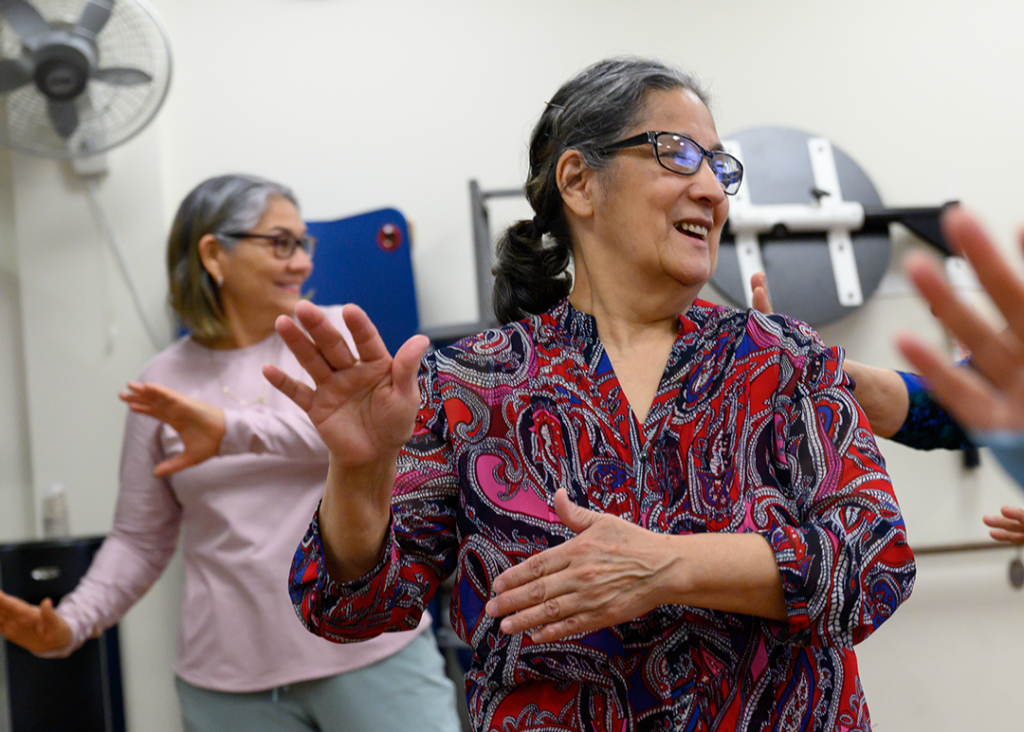
Donors often come to The Trust for the opportunity to support programs and projects that will echo through our region for many years after their initial gift and enable systemic reform. One great example is David Warfield, a famous actor from the 1920s who, after experiencing vision loss late in his life, made a gift in his will to The Trust to help others with vision loss. Over the past 75 years, his fund has helped make The Trust our region’s largest contributor to disability causes.
Warfield’s fund has granted millions of dollars—a figure many times larger than his original gift—and it will continue to support people with vision loss in our city for generations to come.
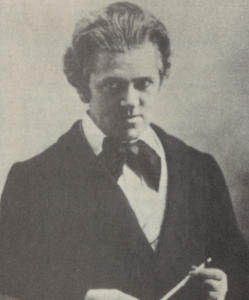
We take seriously our role as stewards of the wishes of our donors, past and present, as well as our relationships with the communities we serve and the nonprofits we support. These relationships help us better understand the complex and diverse needs of our region.
“Throughout our history, our biggest victories have come from a dogged, consistent, and determined approach to not back off.”
In turn, we identify and support high-performing nonprofits like Organización Latino Americana (OLA), which supports a growing but often overlooked population of immigrant and U.S.-born Latinx residents of Long Island’s East End. OLA Executive Director Minerva Perez and her team work directly with community members to meet their legal, health, and educational needs while also serving as a liaison to local governments, police, and schools to advocate for more just and inclusive policies.
We have supported OLA’s work since 2017, building a deep relationship with an organization that is a lifeline for Latinx immigrant families and one of the few organizations doing this important work in an isolated region of Long Island.
“When we receive funding from The Trust, it is so critical because they really understand the value that we bring and the work that needs to be done,” Perez said.
With that understanding comes a keen awareness of what makes our region unique.
A Better Future for All New Yorkers
Indeed, our region is a collection of communities formed, at their heart, around the resilient idea that New York is a gateway for opportunity and a bastion for those “yearning to breathe free.”
Since our earliest days, newcomers from around the world and across our country have come here on the promise of building a better life. For many, that promise centers on building a career. For others, it’s the promise of finding a community of peers who hail from your home country, who practice your religion, or who share your identity.
You can find that community here in New York. And you can find that community here at The Trust. It’s where Abdel Afghani—a Saudi immigrant who came to Staten Island and pursued a career as an accountant—chose to set up a permanent fund to plant trees in all five boroughs.
It’s where a fund created from the estate of Brooke Astor, known in New York as the city’s “First Lady of Philanthropy,” sparked a new reading curriculum for our public schools.
It’s where Hallie S. Hobson, a Harlem-based entrepreneur who provides consulting to arts nonprofits, set up a fund to honor her late father and support culture.
And it’s where a diverse group of future donors will make their own legacies, connecting their generosity to the thread that started with Rosebel G. Schiff and William and Françoise Duclos Barstow and includes Nancie Ellis and so many others.
“To solve the challenges of the future, we need to keep adding to this quilt of generosity,” Freitag said. “We’ve been creating it for 100 years, and it’s our responsibility to keep expanding it and keep moving forward.”
An Innovator— and an Incubator
The eight-county region we serve is home to more than 75,000 nonprofits—and an impressive number of those organizations got their start with support from The Trust.
During our first century, we’ve provided guidance and financial support that helped start an exceptional group of New York nonprofits, including:
Ali Forney Center
American LGBTQ+ Museum
Bronx River Alliance
Brooklyn Communities Collaborative
Chhaya Community Development Corp.
Coalition for Behavioral Health
Friends of Governors Island
God’s Love We Deliver
Harlem RBI
INCLUDEnyc
Latino Commission on AIDS
New Visions for Public Schools
New York Birth Control Access Project
New York Immigration Coalition
Nonprofit Staten Island
NYC LGBT Historic Sites Project
One Brooklyn Health System
Peconic Land Trust
Philanthropy New York
Tri-State Transportation Campaign
Waterfront Alliance
Youth Justice Network
We’ve also played a key part in creating national organizations, such as the Council on Foundations, Grantmakers In Health, the Community Foundation Awareness Initiative, and the Nonprofit Finance Fund.
Our team is always on the lookout for promising new organizations that are meeting the emerging needs of the diverse communities in our region and beyond. We’re excited to incubate the next generation of nonprofit innovators.
